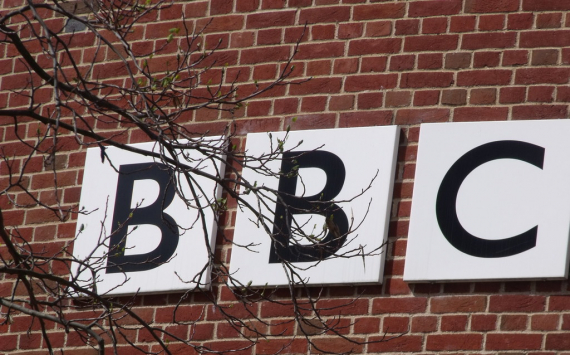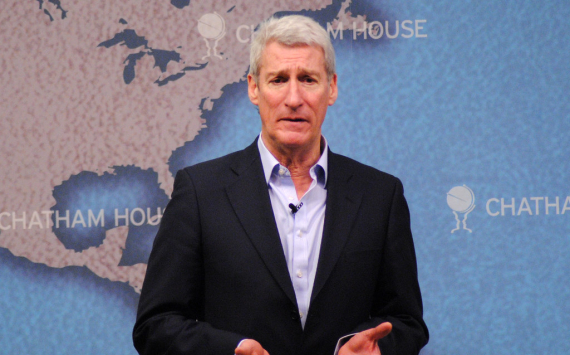
Pay offers for railway workers
The British rail, maritime and transport union RMT has rejected Network Rail's offer of wage increases, meaning 40,000 of its staff could go on strike again.
"After extensive and detailed consultation at every level of the union, the National Executive Committee has decided to reject both proposals on the grounds that they do not meet members' expectations of wages, job retention or working conditions," the statement said.
According to Sky News, the employer had offered railway workers a 5% pay rise retrospectively from January last year and a 4% increase in 2023. According to Network Rail, it was a "best and final offer". At the same time, one of the union's demands was for wages to be increased by the level of inflation. Last year, the country's price rise was a record 10.5 per cent for almost 40 years.
The Transport Salaried Staffs' Association said workers would be able to make their suggestions to their employer, but did not formally tell union members to accept or reject it.
The Rail Delivery Group, which represents rail operators, said passengers and RMT members would be "deeply saddened" if the EU rejects the proposal without a vote on full membership.
Mick Lynch said: "The time has come for employers and the government to listen to the tens of thousands of rail workers."
"Our campaign will continue for as long as it takes to negotiate an agreement that meets the expectations of our members," he added.
A massive wave of strikes, triggered by soaring inflation and falling real incomes and living standards, swept the United Kingdom late last year. In addition to railway workers, the strikes involved health and emergency services workers, postmen, border guards, teachers, and representatives of a number of other professions.
The British authorities have repeatedly stated that they cannot afford to raise public sector wages in line with inflation, because such measures will only lead to a further rise in prices in the country and put an excessive burden on the budget.
According to a report from the United Kingdom's Office for National Statistics (ONS) released on Friday, the strikes contributed to the country's GDP shrinking by 0.5 per cent in December last year after rising in October and November.











































